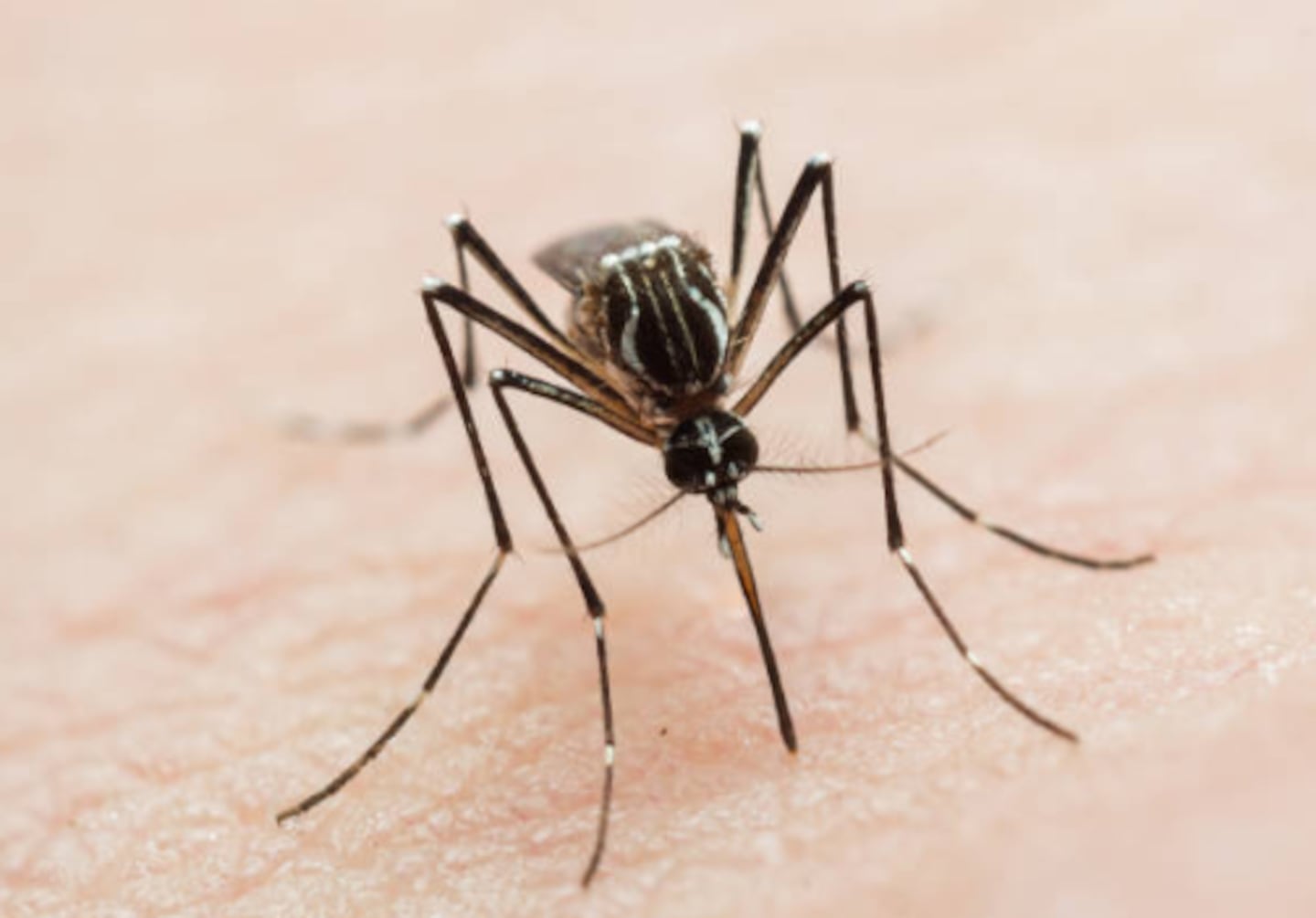PLYMOUTH, Mass. — Starting tonight, all public parks and fields in Plymouth will be closed daily from dusk until dawn in response to the town’s high risk status for Eastern equine encephalitis, or EEE.
Athletic leagues and other organizations using public parks and fields will be prohibited from continuing outdoor activities beyond dusk, town officials said in a statement on Friday.
Signs will be placed at all public parks and fields enforcing the message, officials said.
Also across Massachusetts, eight new communities are now considered at high risk of West Nile Virus: Boston, Abington, Brockton, East Bridgewater, Marion, Mattapoisett, Rochester and Whitman. So far this year, there have been two human and no animal cases of West Nile Virus.
In Plymouth, the recent EEE infection diagnosed in a horse exposed in Plymouth initially raised the town’s EEE risk level to high, officials said.
There have also been EEE-infected mosquitoes previously identified in Plymouth County (Halifax and Kingston), Barnstable County (Barnstable), and in Essex County (Amesbury and Haverhill).
EEE is a rare but serious and potentially fatal disease that can affect people of all ages and is generally spread to humans through the bite of an infected mosquito.
The EEE fatality rate in humans varies from 33% to 70%, with most deaths occurring 2–10 days after the onset of symptoms.
Long-term physical and mental complications, including permanent neurological deficits have been identified in many people who survive EEE, officials said.
“As Mass DPH has now elevated Plymouth’s EEE risk status to high, it is important to take extra precautions when outdoors and follow state and local health guidelines to avoid unnecessary risk to exposure to EEE. The health and safety of our community, residents, and visitors remain our priority,” Plymouth Commissioner of Health and Human Services Michelle Bratti said in a statement.
The Plymouth County Mosquito Control Project has continuously been spraying requested neighborhoods, weather permitting, and will conduct ground spraying for all public parks and fields early next week with spraying for all schools occurring by mid-week, officials said.
Spraying takes place between 2 a.m. and sunrise.
Although spraying will be done at all schools, public parks, and fields, town officials recommend that Plymouth property owners follow the same protocols for public safety.
For more information on upcoming neighborhood spray routes, to request additional spraying, or to opt out of having your home sprayed, visit https://www.plymouthmosquito.org/home.html.
Town officials offered the following tips to protect yourself and your loved ones from mosquito bites and the diseases that can be transmitted:
Avoid Mosquito Bites
• Apply Insect Repellent when Outdoors. Use a repellent with an EPA-registered ingredient, such as DEET (N,N-diethyl-m-toluamide), permethrin, picaridin (KBR 3023), or oil of lemon eucalyptus (p-menthane-3,8-diol (PMD) or IR3535) according to the instructions on the product label. DEET products should not be used on infants under two months of age and should be used in concentrations of 30 percent or less on older children. Oil of lemon eucalyptus should not be used on children under three years of age.
• Be Aware of Peak Mosquito Hours. The hours from dusk to dawn are peak biting times for many mosquitoes. Consider rescheduling outdoor activities that occur during evening or early morning in areas of high risk. Clothing Can Help Reduce Mosquito Bites. Wearing long sleeves, long pants and socks when outdoors will help keep mosquitoes away from your skin.
Mosquito-Proof Your Home
• Drain Standing Water. Mosquitoes lay their eggs in standing water. Limit the number of places around your home for mosquitoes to breed by draining or discarding items that hold water. Check rain gutters and drains. Empty unused flowerpots and wading pools and change the water in birdbaths frequently.
• Install or Repair Screens. Keep mosquitoes outside by having tightly fitting screens on all windows and doors.
Protect Your Animals
• Animal owners should reduce potential mosquito breeding sites on their property by eliminating standing water from containers such as buckets, tires, and wading pools – especially after heavy rains.
Water troughs provide excellent mosquito breeding habitats and should be flushed out at least once a week during the summer months to reduce mosquitoes near paddock areas. Horse owners should keep horses in indoor stalls at night to reduce their risk of exposure to mosquitoes. Owners should also speak with their veterinarian about mosquito repellents approved for use in animals and vaccinations to prevent WNV and EEE.
If an animal is suspected of having West Nile Virus or EEE, owners are required to report to the Department of Agricultural Resources, Division of Animal Health by calling 617-626-1795, and to the Department of Public Health by calling 617- 983-6800.
More information, including all West Nile Virus- and EEE-positive results can be found at this website or by calling the DPH Division of Epidemiology at 617-983-6800.
This is a developing story. Check back for updates as more information becomes available.
Download the FREE Boston 25 News app for breaking news alerts.
Follow Boston 25 News on Facebook and Twitter. | Watch Boston 25 News NOW
©2024 Cox Media Group







